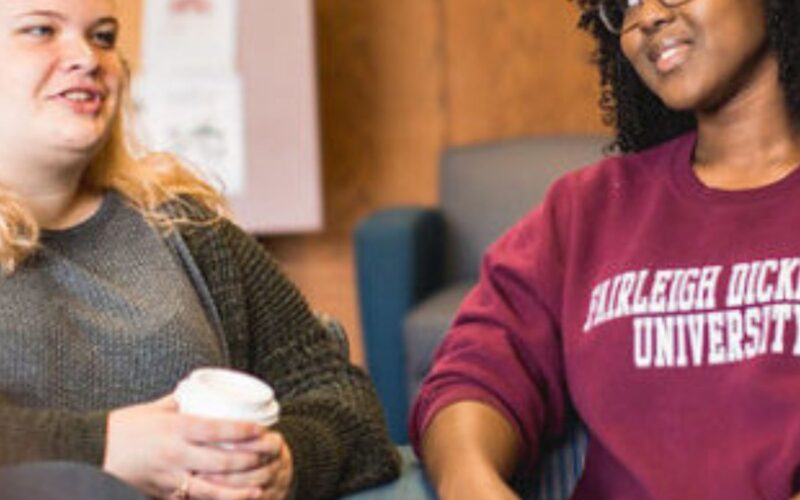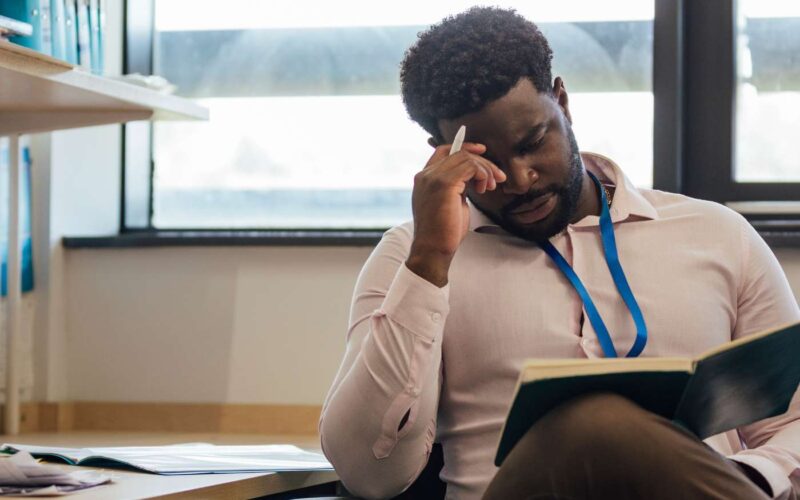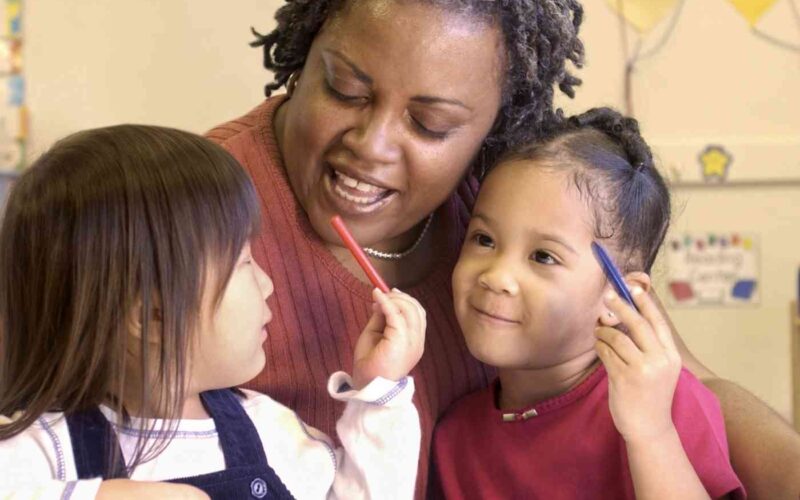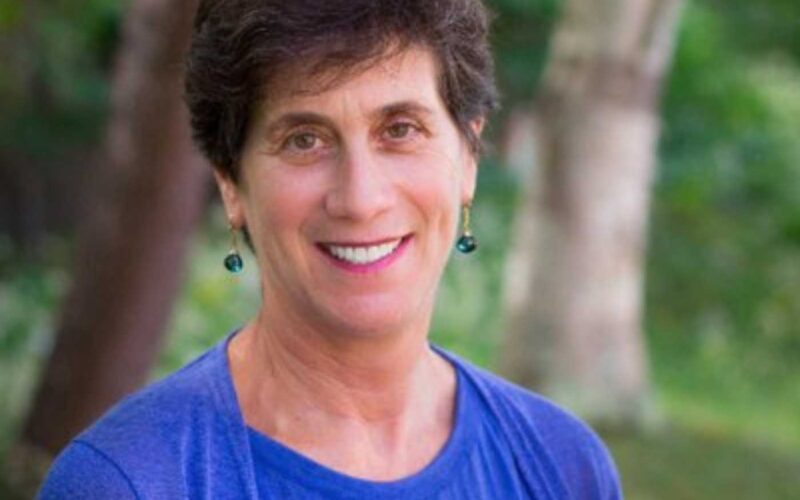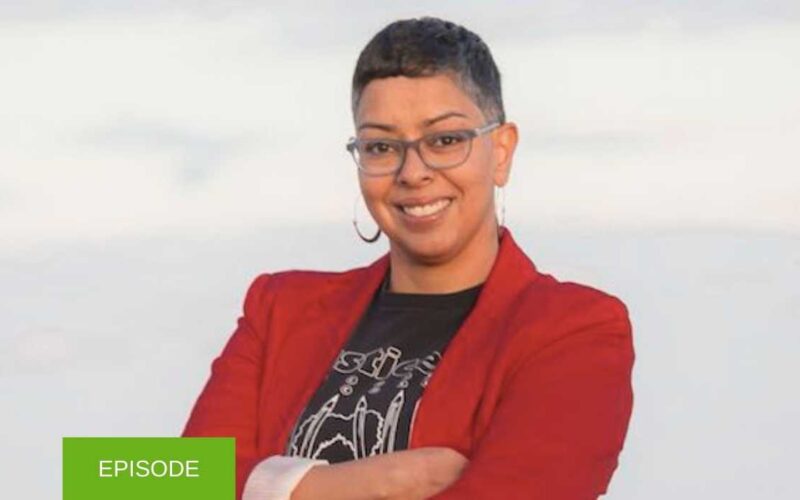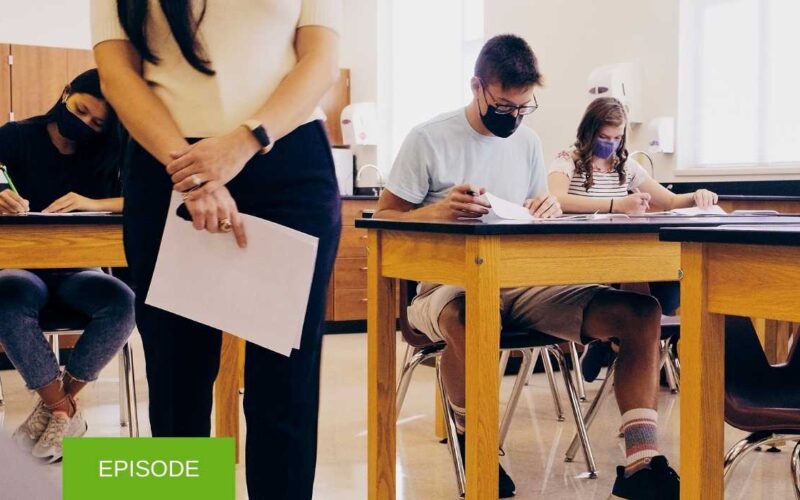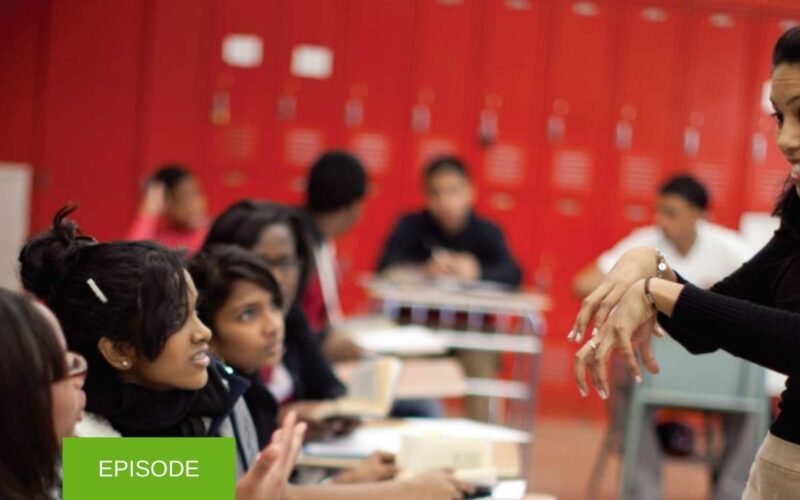Successful Teaching Careers: Empowering Non-Traditional Candidates
We speak with Dr. Kathryn Spence, Director of the School of Education at Fairleigh Dickinson University, about actualizing a focus on social justice and equity. She discusses strategies for broadening the pipeline of teachers, especially teachers of color, including career ladders and “Grow Your Own” programs. Dr. Spence describes how FDU makes teacher ed financially feasible for students as well as what makes teachers stay in or leave schools.
Read More
